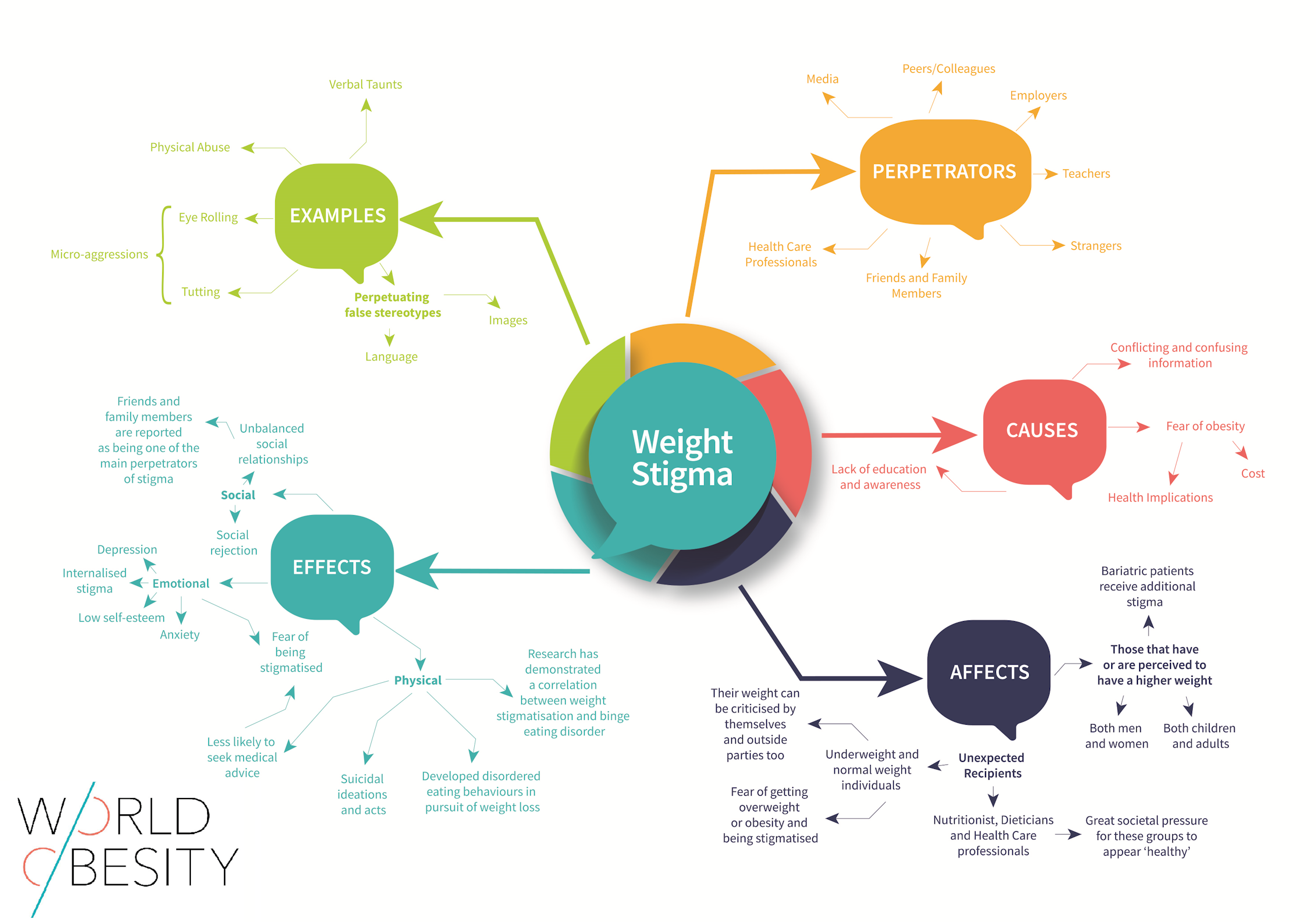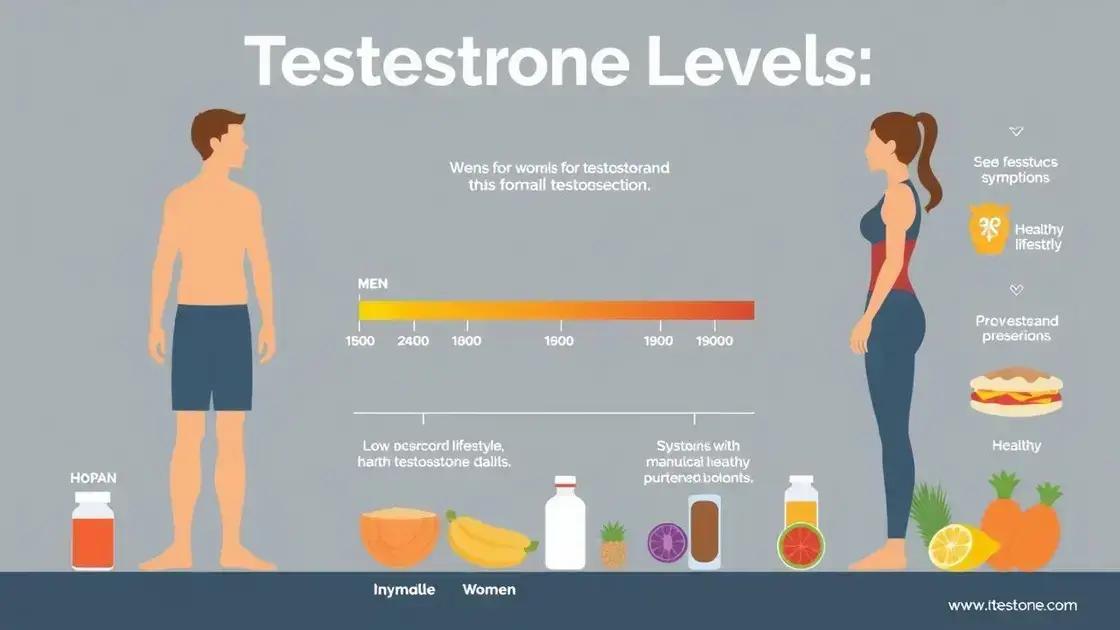
Breaking the Stigma: Understanding the Complexities of Overweight and Obesity
Breaking the Stigma: Understanding the Complexities of Overweight and Obesity
In an era marked by rapidly changing health paradigms and an ever-increasing focus on personal wellness, the conversation surrounding overweight and obesity has become more critical than ever. Despite the prevalence of these conditions—affecting millions worldwide—the discourse often leans heavily towards stigma rather than understanding. Breaking down the complexities of overweight and obesity requires a nuanced exploration of the social, economic, psychological, and biological factors at play, aiming to foster compassion and encourage healthier outcomes.
The Statistics
According to the World Health Organization (WHO), the prevalence of obesity has nearly tripled since 1975. In 2016, more than 1.9 billion adults, 18 years and older, were reported as overweight, with over 650 million being classified as obese. These figures highlight a public health crisis that transcends mere personal responsibility; rather, they signal an epidemic influenced by a multitude of factors.
The Social Dimension: Stigma and Discrimination
One of the most insidious aspects of overweight and obesity is the stigma attached to them. Individuals with higher body weights often face discrimination in various spheres of life, including workplaces, healthcare, and social settings. This stigma can lead to internalized shame, making it challenging for individuals to seek help or support. Research has shown that the stress of dealing with weight stigma can contribute to further weight gain, creating a vicious cycle that is difficult to break.
Addressing stigma involves not only promoting body positivity but also recognizing the inherent biases that exist within our society. Media portrayals often perpetuate harmful stereotypes, associating obesity with laziness, lack of self-discipline, or a failure to adhere to societal norms about health. A more compassionate approach requires the dismantling of these stereotypes and the promotion of narratives that highlight the diversity of body types and the individual experiences of those living in these bodies.
The Psychological Aspects: Mental Health Matters
Overweight and obesity are often accompanied by a complex relationship with mental health. Emotional eating, depression, anxiety, and body dissatisfaction can all contribute to unhealthy weight patterns. It’s essential to recognize that food can serve as both a source of comfort and a coping mechanism for many people. Rather than viewing obesity solely as a failure of willpower, we must understand it as part of a broader psychological landscape.
Furthermore, treating overweight and obesity requires integration with mental health care. By addressing underlying emotional issues and promoting healthy coping strategies, individuals may find more success in managing their weight and maintaining healthier behaviors in the long term. The psychological aspect of weight management is as critical as diets and exercise routines.
The Biological Perspective: Beyond Personal Control
While personal choices related to diet and exercise undoubtedly play a role in weight management, biology cannot be overlooked. Genetics can significantly influence body weight, metabolism, and the propensity to gain weight. Hormonal fluctuations, metabolic rates, and even gut microbiomes contribute to the complexity of obesity, revealing that many factors are beyond an individual’s direct control.
Moreover, systemic issues such as access to nutritious food, economic disparities, and built environments affect people’s ability to maintain a healthy weight. In many communities, fast-food outlets dominate, while grocery stores offering fresh produce are scarce—creating food deserts where limited options perpetuate unhealthy eating patterns.
The Path Forward: Compassionate Solutions
Breaking the cycle of stigma surrounding overweight and obesity requires a multi-faceted approach that emphasizes compassion, understanding, and inclusivity. Here are several ways society can move forward:
- Education and Awareness: Increasing public understanding of the complexities of obesity and overweight can help reduce stigma. Educational campaigns can promote healthy lifestyles without shaming individuals.
- Supportive Policies: Advocating for policies that create healthier environments—such as increased access to affordable, nutritious foods and safe spaces for physical activity—can positively influence community health.
- Holistic Healthcare: Encouraging healthcare providers to adopt a more holistic view of weight management that includes mental health care can promote better outcomes for individuals facing obesity.
- Body Neutrality and Positivity Movements: Supporting movements that focus on body acceptance rather than ideal body standards can foster a more inclusive environment that values health in all forms.
- Fostering Empathy: Cultivating a culture of empathy and kindness towards those with varying body sizes can help dismantle negative stereotypes and promote supportive interactions.
Conclusion
Understanding overweight and obesity is not simply about numbers on a scale; it necessitates an exploration of the powerful forces that shape individual experiences and health outcomes. By breaking the stigma and fostering an environment of compassion, understanding, and support, society can empower individuals to take charge of their health without the burden of shame. Ultimately, it is this systemic change that will lead to healthier lives and communities for all.






